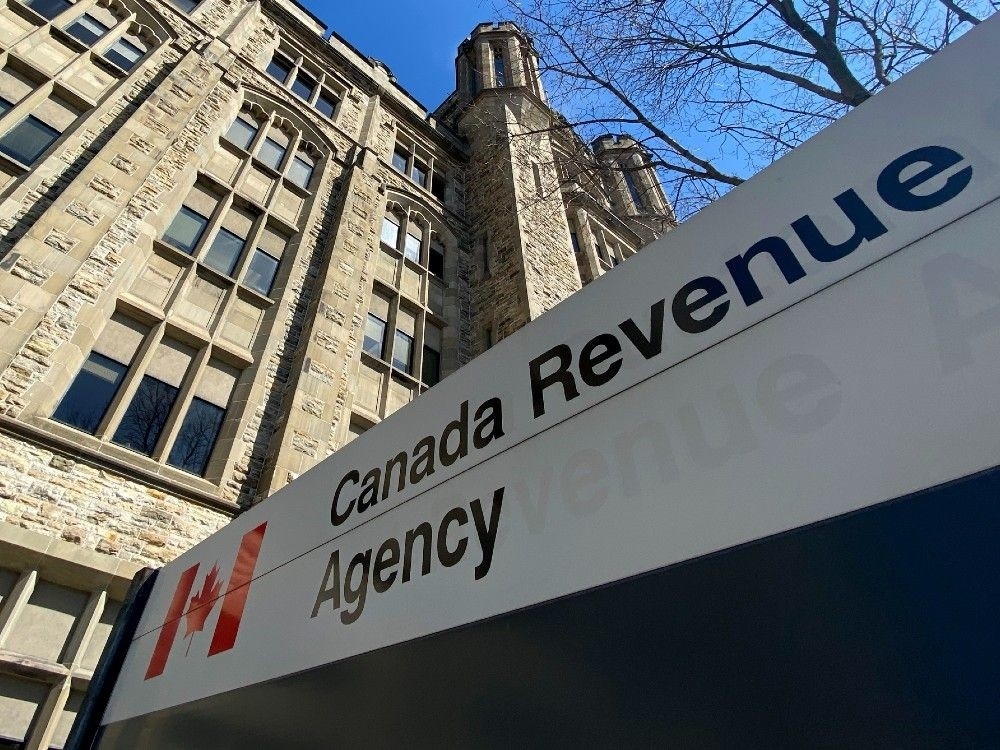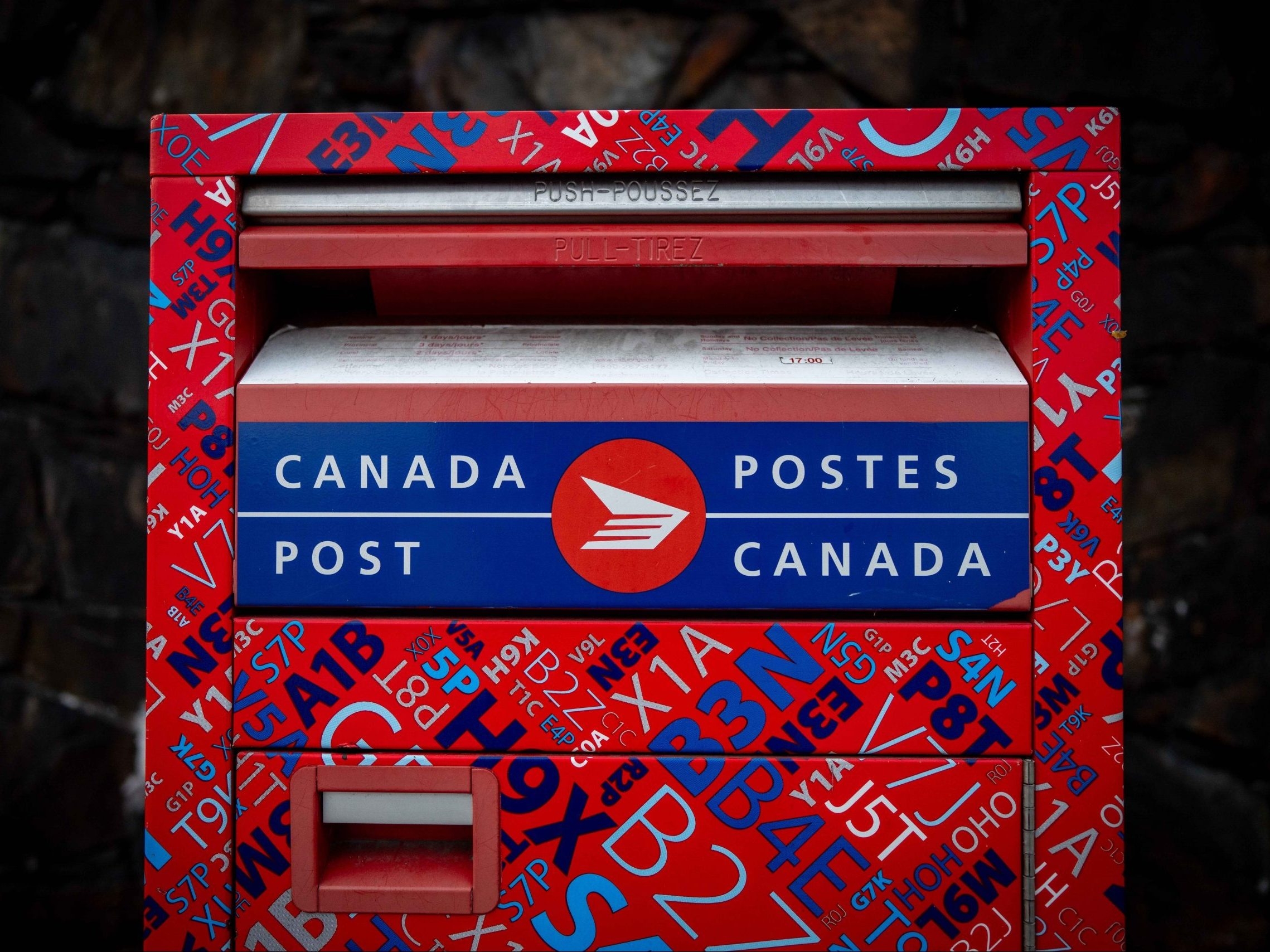A hidden network operates within the Canadian financial system, fueled by anonymous tips and yielding a surprising return. Since 2018, the Canada Revenue Agency has recovered a staggering $490 million in unpaid taxes, all thanks to information provided by ordinary citizens acting as informants.
This isn't a widely publicized initiative, and the program’s existence remains largely unknown to the public. Internal research reveals a curious reluctance among Canadians to report suspected tax evasion – many consider the financial affairs of others to be strictly private.
The program, officially known as the Offshore Tax Informant Program, functions as a confidential pathway for reporting potential wrongdoing. Each year, an average of 109 tips are received, leading to audits of nearly 950 taxpayers since its inception in 2018.

The incentive for reporting is substantial: informants can receive between 5% and 15% of the taxes successfully recovered. However, the Agency remains tight-lipped about the total amount paid out to these individuals, citing the need to protect their identities and maintain program security.
The details of this program were brought to light following a request from Conservative MP Eric Lefebvre, revealing the scale of its impact on federal revenue. The Agency emphasizes that these tips are crucial in combating international tax evasion and avoidance schemes.
Launched in 2014, the tip line operates under strict conditions. Payments to informants are only issued after all taxes have been fully collected and the taxpayer has exhausted all available avenues for appeal, ensuring a thorough and legally sound process.
The program’s success underscores a fascinating dynamic: a quiet, citizen-driven effort contributing significantly to the nation’s financial health, operating largely in the shadows and relying on a willingness to step forward and report suspected wrongdoing.





